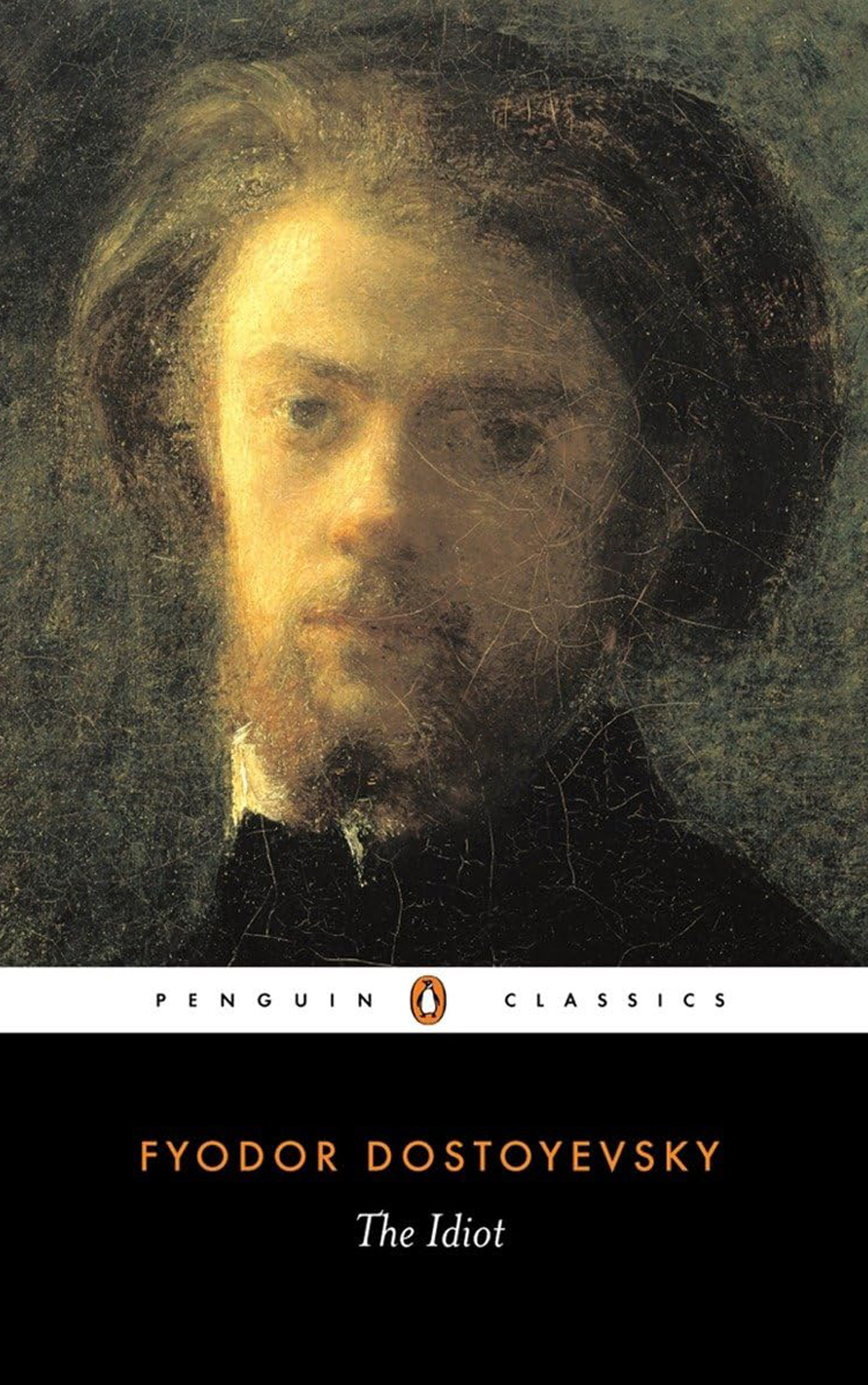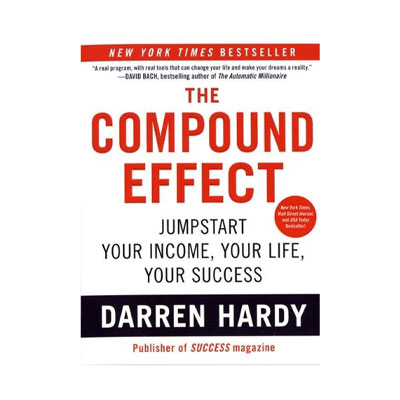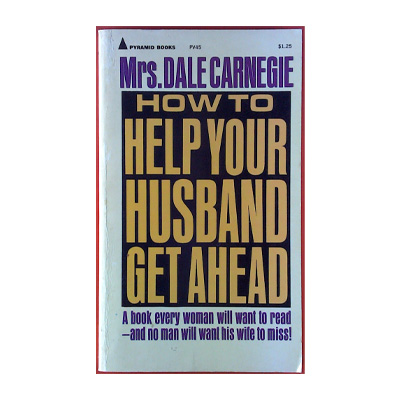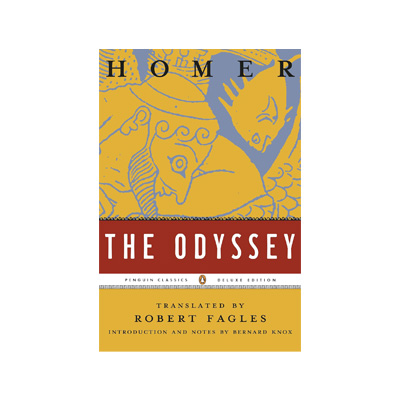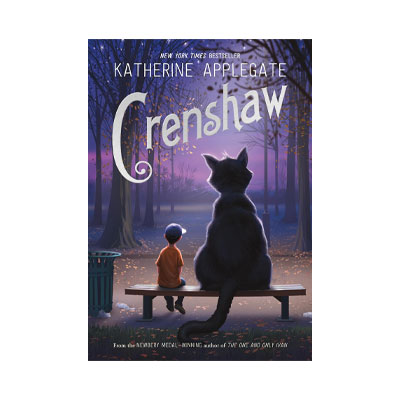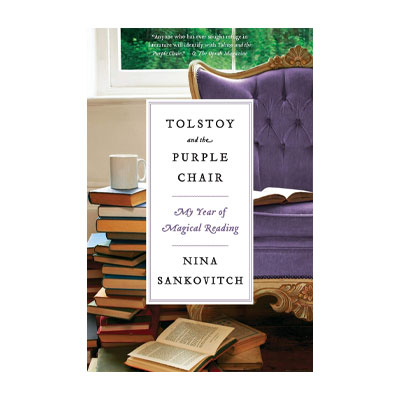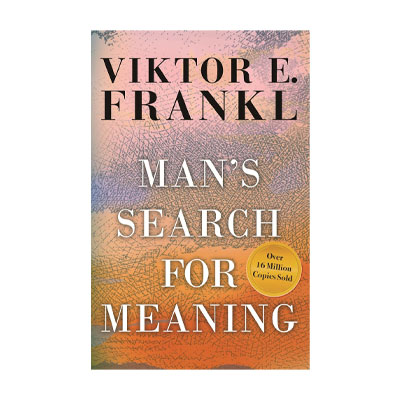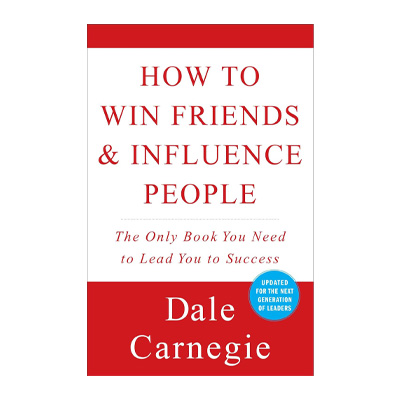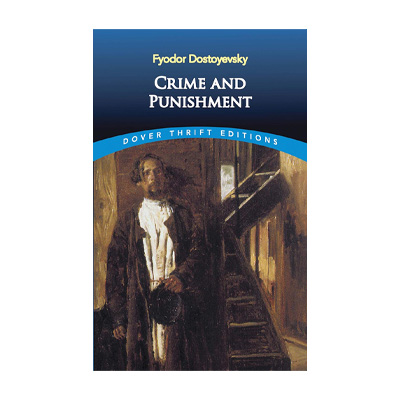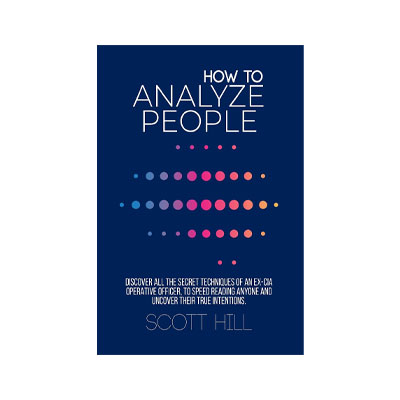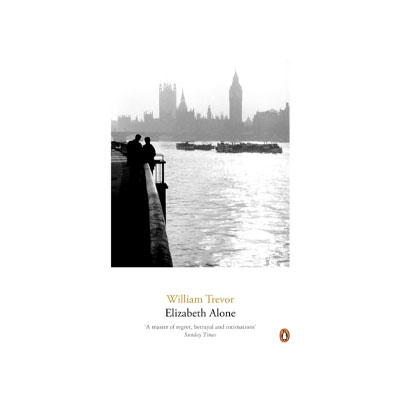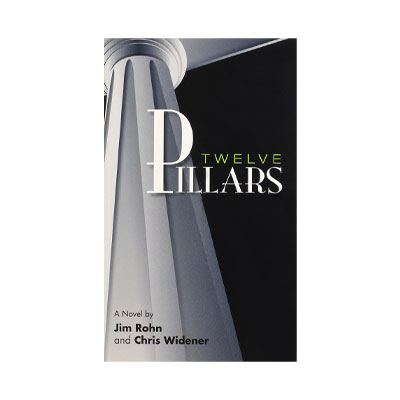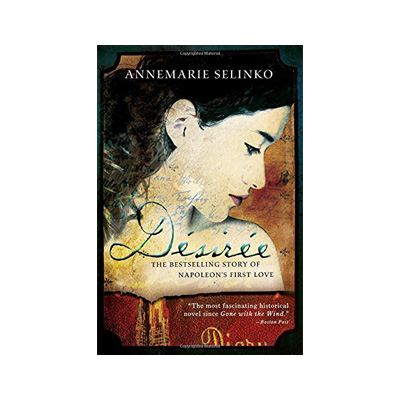Book Summary
"The Idiot" is an unforgettable masterpiece by Fyodor Dostoevsky, first published in 1869. The main character of the story is Prince Myshkin, who has spent a long time in a sanatorium in Switzerland and now returns to Russia after years. Myshkin, with qualities such as innocence and generosity, is considered a fool in the eyes of society and is scorned, torn between a pure and beautiful girl and a wealthy woman for a common relationship.
Obtaining the prince is a blessing for both women, but the important point is the tragedy that Myshkin unintentionally brings upon people after encountering them with his extraordinary human qualities. Nevertheless, "The Idiot," one of Dostoevsky's most recognized works, is also listed among the top books in literary history by the Norwegian Book Club, has been quoted many times, and has been adapted into films. These definitions of the mentioned book are enough for the audience to understand what a great work they are facing and to start reading it as soon as possible.
About the Author
Fyodor Mikhailovich Dostoevsky, the famous Russian writer, was born on November 11, 1821, in Moscow into a religious family. He is considered one of the most influential novelists in the world, and most of his stories revolve around the lives of sick, mentally disturbed, and rebellious people. Dostoevsky wrote his first work in 1843 and was professionally engaged in writing various stories until his death on January 28, 1881, in St. Petersburg. Some of his writings include "Crime and Punishment," "The Brothers Karamazov," "The House of the Dead," "Mr. Prokharchin," and "The Double."
Who Should Read the Book?
Fans of Dostoevsky's works as well as readers of selected works in world literature history can read "The Idiot."
